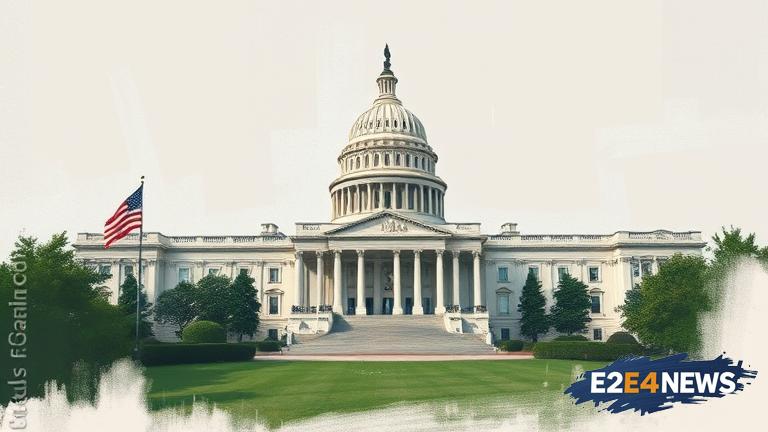In a significant development, the US House of Representatives has given its approval to a bill that seeks to prohibit the Federal Reserve from issuing a central bank digital currency (CBDC) without the explicit approval of Congress. The bill, introduced by Representatives Tom Emmer and French Hill, aims to ensure that any decision to create a CBDC is made with careful consideration and thorough debate. The proposed legislation has sparked a heated debate about the potential benefits and drawbacks of a CBDC, with some arguing that it could enhance financial inclusion and others warning that it could pose significant risks to individual privacy and the stability of the financial system. Proponents of the bill argue that a CBDC could be used to exert undue control over individuals’ financial transactions and undermine the dollar’s position as a global reserve currency. On the other hand, supporters of a CBDC argue that it could provide a more efficient and secure way to make transactions, particularly for those who are currently underserved by the traditional banking system. The bill’s advancement to the Senate marks a significant milestone in the ongoing debate about the future of money and the role of central banks in the digital age. As the Senate considers the bill, lawmakers will need to weigh the potential benefits and drawbacks of a CBDC and consider the implications for the US economy and financial system. The decision to create a CBDC is a complex one, involving a range of technical, economic, and social factors. It is likely that the Senate will hold hearings and gather input from experts and stakeholders before making a decision on the bill. The US is not alone in considering the potential benefits and drawbacks of a CBDC, as countries around the world are also exploring the possibility of issuing their own digital currencies. The International Monetary Fund (IMF) has warned that the widespread adoption of CBDCs could have significant implications for the global financial system, including the potential for currency devaluation and financial instability. Despite these risks, many countries are pushing ahead with plans to issue their own CBDCs, citing the potential benefits of increased financial inclusion and reduced transaction costs. The US Federal Reserve has been studying the potential benefits and drawbacks of a CBDC, but has not yet made a decision on whether to issue one. The Fed has warned that any decision to create a CBDC would need to be carefully considered and would require significant investment in new infrastructure and technology. As the debate over CBDCs continues, it is clear that the decision to create a digital currency will have far-reaching implications for the US economy and financial system. The bill’s advancement to the Senate is a significant development in this ongoing debate, and it will be important to monitor the progress of the legislation in the coming weeks and months. The US government will need to carefully consider the potential benefits and drawbacks of a CBDC and make a decision that is in the best interests of the American people. The decision to create a CBDC is a complex one, and it will require careful consideration of a range of technical, economic, and social factors. Ultimately, the decision to create a CBDC will depend on a careful weighing of the potential benefits and drawbacks, as well as a thorough consideration of the implications for the US economy and financial system.
